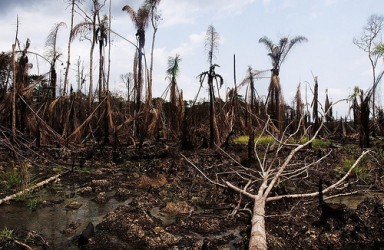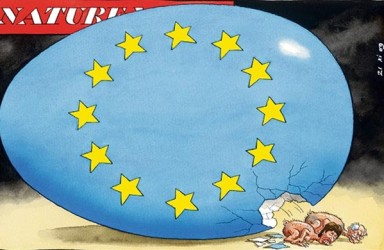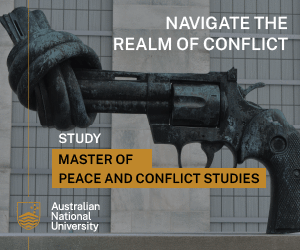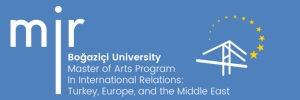Ukraine’s Neutrality: A Myth or Reality?
Situated at a crossroad between Russia and the European Union, Ukraine was never able to cohesively decide and act with a foreign policy that was not chaotic or unsynchronized. Applying neutrality in practice to the case of Ukraine implies a serious step in foreign policy, for the country itself as well as for the region. Passing and implementing the needed legislation would imply finally taking a decisive step towards a much needed coherent foreign policy.
NATO and Russia: Towards a New Paradigm?
Can Russia’s mistrust of NATO enlargement finally be left behind, as the former foes move towards a new strategic partnership? It is obvious that the introduction of a system including Russia as a strategic partner with weighted voting rights will lead to diplomatic horse trading and lobbying. But it is preferable that any “conflict” in this new relationship be conducted in the back corridors and board rooms of Brussels, rather than in Georgia, the road to Pristina or the skies over Sarajevo.
Academic Vampires
Originally, vampire disciplines found their homes within the humanities and social sciences. But they are quickly spreading to areas as diverse as law and architecture, terrorism studies and geography. Indeed, any discipline with some version of the “critical studies in . . .” genre has probably been infected by the vampire virus. And, if your discipline is still a vampire-free zone, expect the vampire advanced guard to come knocking on your door to convince you that your students majoring in transport logistics need to take a unit in “transport and society” or in “transport cultural identities”.
The Nigerian State and Peace Building Mechanics in the Niger Delta Region
The Niger Delta featured perpetuated human insecurity, lack of infrastructure, wanton ecological damage, and perceived apathy on the part of government and the multinational oil companies in spite of the significant contribution of its crude oil to the Nigerian and global economy. The core thrust of this paper is to examine the amnesty policy as a peace building framework for addressing the lingering crisis
Is it possible to democratise the European Union?
Certain dates in European history are taken to be the significant historical events which changed the course of the continent forever. 1648, and the Treaties of Westphalia; 1815, the Concert of Europe; 1945 the end of the Second World War and 1989, the fall of Communism – these are the events that are attributed to the makeup of modern Europe. But what of the years 1957, 1992, and 2009?
Are nationalism and cosmopolitanism compatible?
Uniting cosmopolitanism and nationalism helps to move beyond the otherwise Eurocentric and elitist nature of the cosmopolitan perspective. In addition, it might contribute to addressing one of the major challenges facing modern societies – the accommodation of ethnic and cultural diversity. Cosmopolitanism, both as a political and cultural principle, and an emerging reality, certainly deserves to be accepted and taken into account in the creation of new avenues of political action.
Islamic Identities in Post-Soviet Russia: Realities and Representations
In Russia, depictions of Muslims tend to be generalised, and in extreme cases are depicted as violent extremists with desires to convert the world to fundamentalist Islam
Is America an Imperial Power by Design or by Accident?
America, much like most great powers, has behaved imperialistically at various times throughout its history. To some degree, it may have been a response to external events. At alternate junctures, the United States has either behaved as a ‘reluctant superpower’ or a purposeful imperial power.
The Israeli use of Economic Peace as a Peace Building Tool for the Occupied Palestinian Territories
Israel’s pursuit of economic peace is, in reality, a policy of economic pacification. There is a real danger that Economic Peace can be used to frame peace-building away from political diplomacy. Neglecting the political aspects of peace building and favouring economic pacification will only lead to a resurgence of violence in the future.
Inside the Anglo-Saxon War Machine
Barack Obama and Gordon Brown were both reluctant warriors, boxed in by their respective military forces. Afghanistan was a war they both inherited, and at first underestimated, defining their position on it more by contrast to Iraq than on its merits. They realised soon enough that it was going badly. Casualties and costs were rising, the progress on development was stalling since 2001 and being overtaken by corruption, and public support at home was ebbing away












